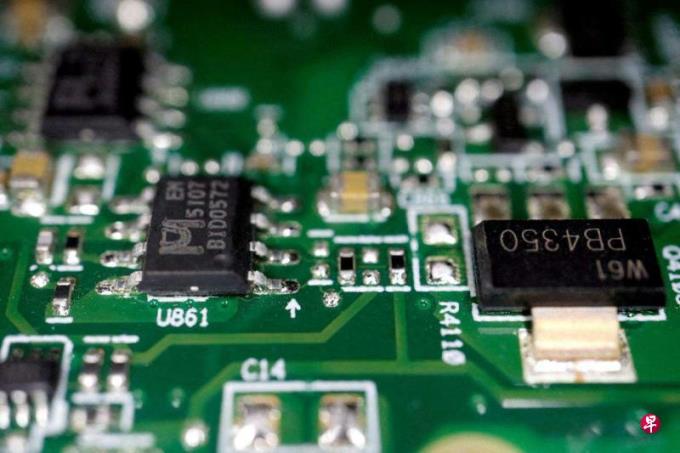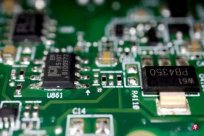
(Johor Bahru comprehensive) Chinese companies that have considered transferring their business to Malaysia, hoping that the Malaysian government can ensure that they are exempted from tariffs on the United States, and lobby the United States will not impose tariffs on products they produce or assemble in Malaysia.
The United States announced last month that it has greatly improved tariffs on imported products in China, including electric vehicle batteries, chips and medical products.Some tariffs will take effect on August 1.This has prompted some Chinese companies to accelerate the transfer of production lines and set up factories in the neighboring Southeast Asian countries.
A Malaysian official told the Financial Times that the lithium battery producer EVE ENERGY (EVE ENERGY) in Guangdong, China, met with the Malaysian Minister and the Malaysian Investment and Development Bureau officials that he hoped to be in the new factory.Before the official put into production, it can be guaranteed to be exempted from tariffs on the United States.
The horse official said, "They ask for guarantee (exempt from US tariffs), which is really difficult for strong people. What we can do is to lobby (US government), but we can't know what the United States will do next.Strive to deal with this. "
Yiwei Lithium can be exported to the United States.It set up a factory in August last August to invest in RM19 billion (about 547 million S $ 547 million) to produce batteries used by electric vehicles and two -wheeled electric transportation.The factory is expected to be put into production this year.
Another Malaysian official said that this "dozens of" Chinese semiconductor companies have asked this this year that if they move their business to Malaysia, they can legally sell their products to the United States.They also asked if they could get advanced chips in the United States in Malaysia.
Li Tinghan, an executive member (Minister of the State Cabinet) in the competent investment, trade, consumer affairs and human resources of Johor, also revealed that there was a Chinese medical product company asking whether it was produced in Johor for manufacturers.Essence
Li Tinghan said: "I told them that there is no need to (pay the US tariffs), but it is difficult to say. The United States may suddenly change the policy. We can't do it about this."
The United States currently levy tariffs for similar products from Southeast Asian countries lower than that of products from China.The US tariffs on Chinese commodities have caused impact on some Chinese companies.At the same time, the United States imports goods from Southeast Asian countries such as Vietnam, which has led Chinese companies to Southeast Asian countries.
However, whether the United States will also increase the tariff rate of countries in the regional region and attracts attention.
After the US solar panel tariffs from China earlier, many Chinese solar board companies transfer their business to Cambodia, Thailand, Malaysia and Vietnam, and export products from these countries to the United States.After investigation in the United States, it is said that Chinese companies have not produced solar panels in these countries, but they just transport the solar boards produced by China to these countries, and they will be transported to the United States after a little modification.The U.S. government announced on June 6 this year that tariffs on solar panels in these four countries may be more than 250%.




